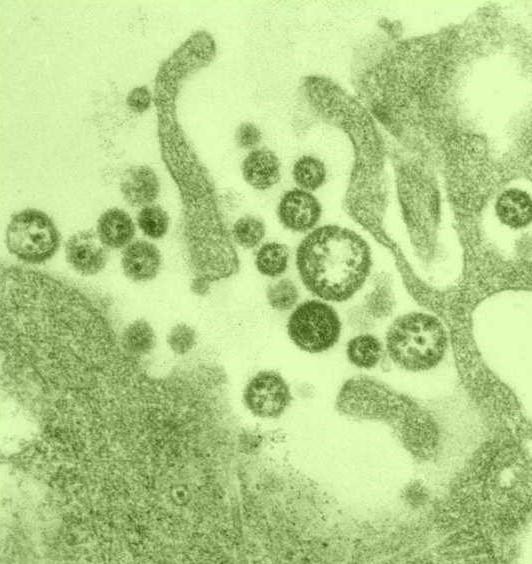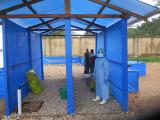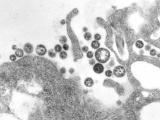The Nigerian Lassa fever outbreak continues to grow, with more than 1,000 suspected cases, according to the latest report from the Nigeria Centre for Disease Control (NCDC).
Last week the NCDC reported 35 new cases and 7 more deaths, according to its Mar 4 update. That brings the total of suspected cases from Jan 1 to Mar 4 to 1,121 (353 confirmed) and 110 deaths. The case-fatality rate is 23.8%.
Eighteen states across the central swath of the country have reported cases, but three states, Edo, Ondo, and Ebonyi states have seen 85% of all cases.
Lassa fever is typically transmitted by rodents, although human transmission can occur when a patient comes into contact with the bodily fluids of an infected person. A total of 16 healthcare workers have become infected with the virus, the NCDC said, including 4 deaths.
Men ages 21 to 40 are predominantly affected, the NCDC said. Currently, more than 3,000 Nigerians are being monitored for suspected infections.
The NCDC said they are considering a suspected case in any person with one or more symptoms typical of Lassa fever, including, malaise, fever, headache, sore throat, cough, nausea, vomiting, and either a history of contact with rodent urine or droppings or contact with a probable or confirmed human Lassa fever case within 21 days of symptom onset.
Lassa fever can also present with bleeding similar to Marburg or Ebola viruses. Patients presenting with any hemorrhaging will also be monitored closely.
Call for more international help
In its weekly digest, the World Health Organization (WHO) African regional office said on Mar 2 that the ongoing outbreak warrants an urgent response, and that more international experts will be deployed to assess the outbreak. Though Lassa fever is endemic in parts of Africa, this outbreak is much larger than typical seasonal surges.
"The increase in new cases of Lassa fever is of concern and challenges around the provision of adequate resources for managing the outbreak remain. The large number and wide geographical spread of cases requires an urgent and intensive response, including support for infection prevention and control, case management, and laboratory testing, from national and international partners in order to bring the outbreak under control," the WHO said.
See also:
Mar 4 NCDC situation report
Mar 2 WHO update



















